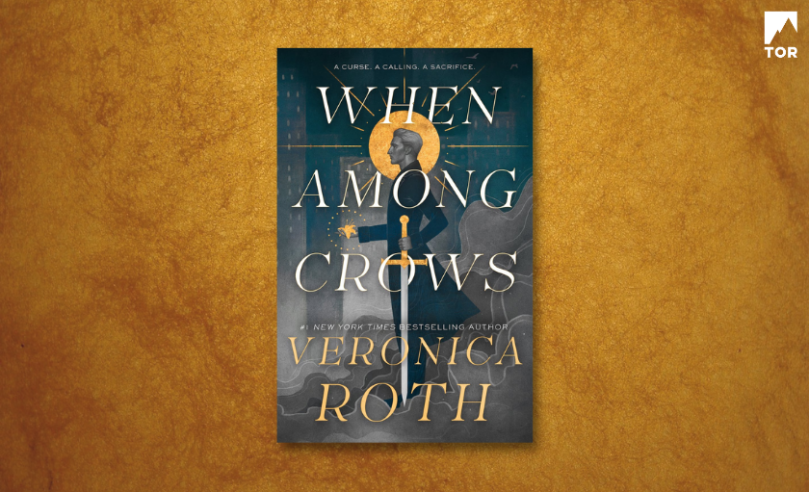
Excerpt Reveal: When Among Crows by Veronica Roth
Please enjoy this free excerpt of When Among Crows by Veronica Roth, on sale 5/14/24

Please enjoy this free excerpt of When Among Crows by Veronica Roth, on sale 5/14/24
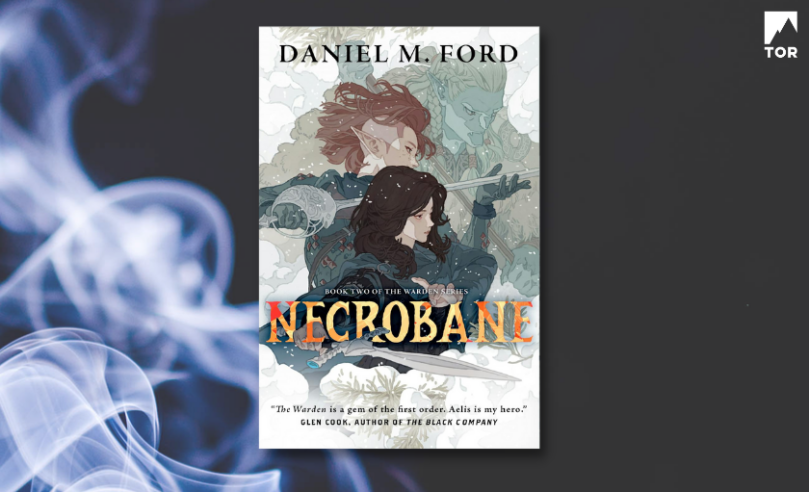
Please enjoy this free excerpt of Necrobane by Daniel M. Ford, on sale 4/23/24
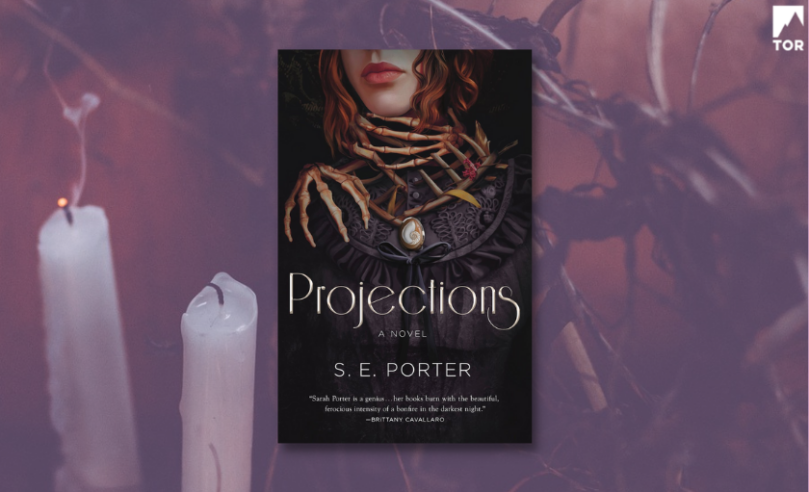
Please enjoy this free excerpt of Projections by S. E. Porter, on sale 2/13/24
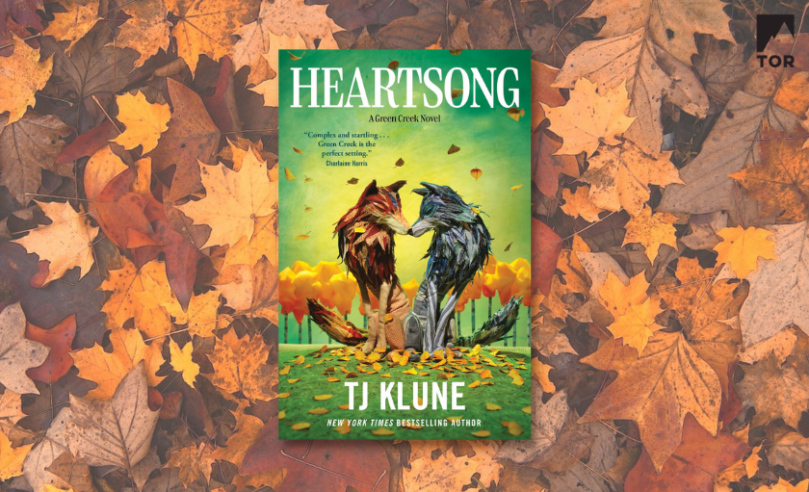
Please enjoy this free excerpt of Heartsong by TJ Klune, on sale 1/30/24
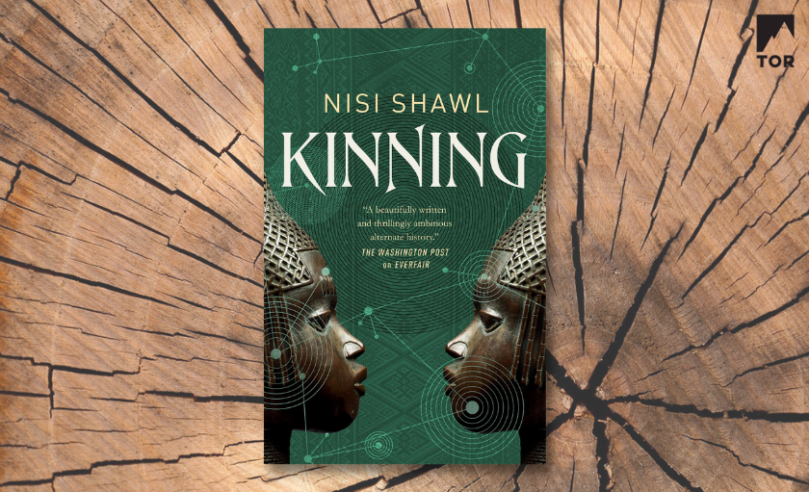
Please enjoy this free excerpt of Kinning by Nisi Shawl, on sale 1/23/24
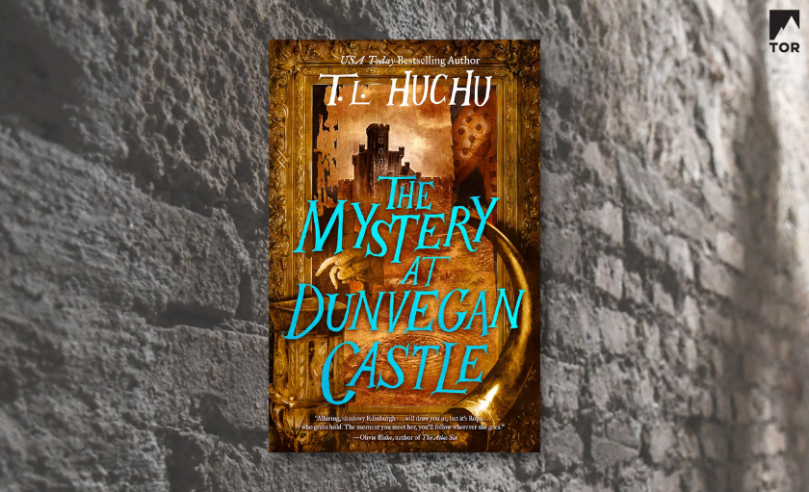
Please enjoy this free excerpt of The Mystery at Dunvegan Castle by T.L. Huchu, on sale 8/29/23
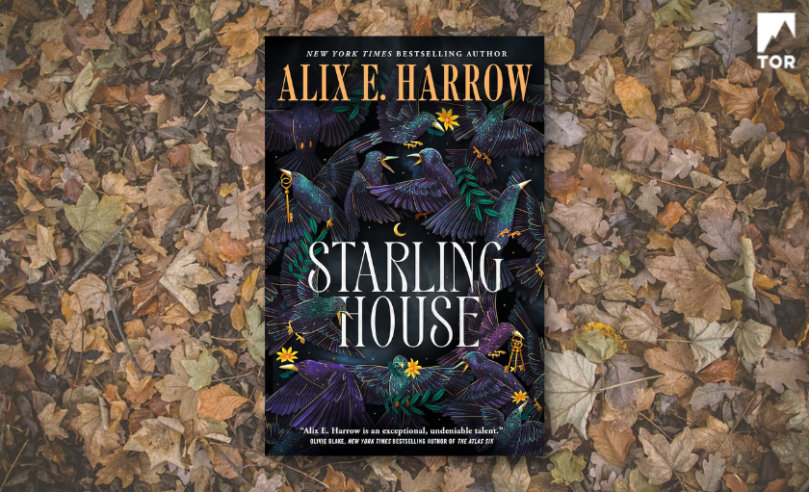
Please enjoy this free excerpt of Starling House by Alix E. Harrow, on sale 10/3/23
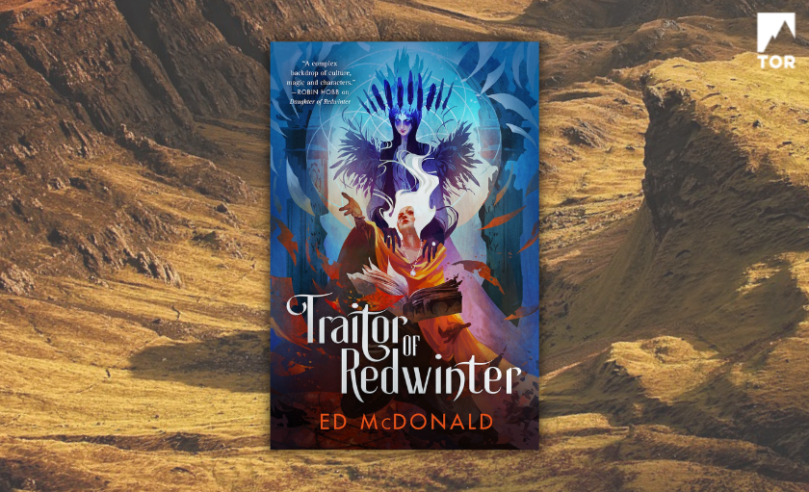
Please enjoy this free excerpt of Traitor of Redwinter by Ed McDonald, on sale 10/24/23
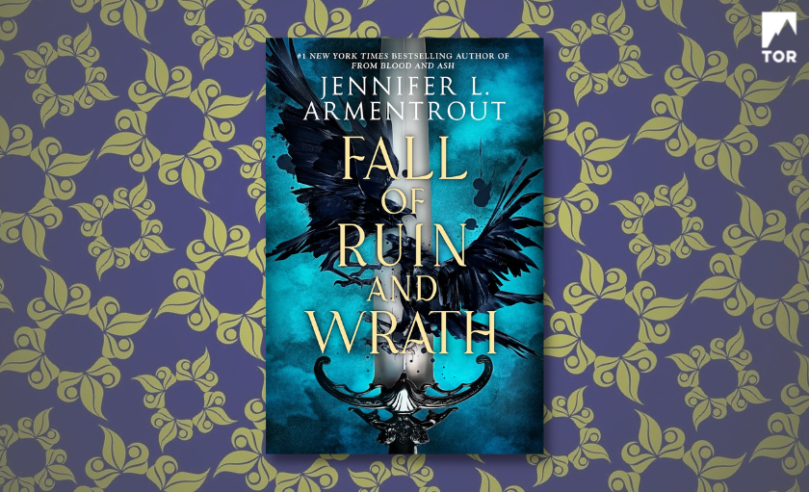
Please enjoy this free excerpt of Fall of Ruin and Wrath by Jennifer L. Armentrout, on sale 9/12/23

Please enjoy this free excerpt of The Salt-Black Tree by Lilith Saintcrow, on sale 8/8/23